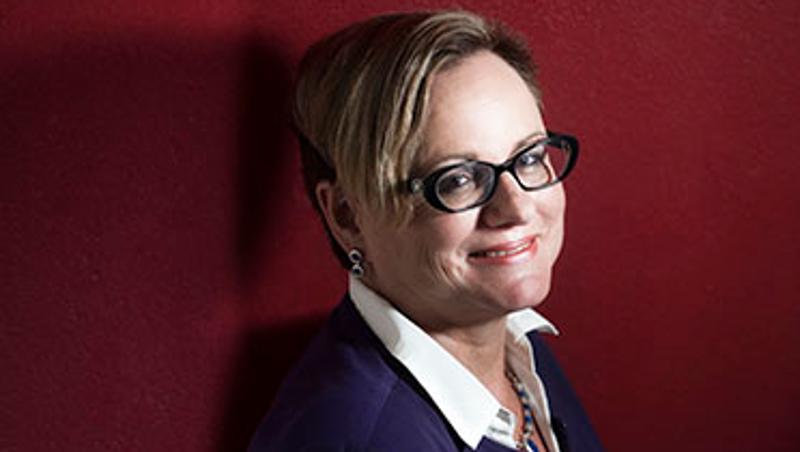
"Most crime and violence in the world is occurring away from the major cities of the north and, of course, in cyberspace."
The presidents of four of the world's leading criminology organisations will meet in Brisbane next month for the 'game-changing' International Crime, Justice and Social Democracy Conference at QUT, Brisbane.
QUT Head of Justice Professor Kerry Carrington said more than 300 criminologists from around the world along with the presidents of the Asian Criminological Society, British Society of Criminology, the recent past president of the American Society of Criminology, and the Australian and New Zealand Society of Criminology would attend.
"The calibre of the attendees indicates this conference's importance as a turning point in criminology - the reorientation of criminology to the southern hemisphere or the Global South where the worst and highest prevalence of crime and violence occurs," Professor Carrington said.
"The north/south distinction refers to the divide between the metropolitan states of Europe and North America and those of Latin America, Africa, Asia and Oceania.
"Just as the Global North once shifted its criminals out of sight and out of mind to the 'colonies', so too has the discipline of criminology neglected the 'south' and been dominated by the experience of rich, metropolitan countries for the past 100 years.
"Global South is a metaphor for the power relations between the rich developed countries and the developing countries where governance problems, poverty, inequality and corruption are rife.
"Murder rates and violence against women are several times higher and these countries are beset by political terrorism and extremism resulting in armed conflict and many collateral civilian casualties.
"Most crime and violence in the world is occurring away from the major cities of the north and, of course, in cyberspace.
"People are trafficked to remote camps and mines, drug labs are taking root in remote and rural regions, environmental harms occur in these regions too and the internet facilitates e-crime, on-line fraud, extremism, and exploitation of children.
"Latin America's murder rate is the highest in the world where the lethal drug wars persist due to Global North's demand for illicit drugs.
"There has been an upsurge in grisly, inhumane, physical punishment such as caning and stoning, since the 1970s in the Global South, and an increase in executions in these parts of the globe."
Professor Carrington said orientation to 'southern' criminology was a corrective measure that would turn criminology's research spotlight to long-neglected issues and communities in the global south.
"The 'south' has alternative justices systems such as restorative justice, truth and reconciliation commissions, transitional justice and customary justice, women's night patrols and women only police stations" she said.
"These suggest wholly new ways of looking at the world and how the struggle for justice and democracy might be pursued.
"Southern criminology makes theory and research more inclusive of these patterns of crime, justice and security."
The International Crime, Justice and Social Democracy Conference will be held at QUT from 8 to 10 July.
The program abstracts are here.
Topics of the 90-plus papers from researchers in Venezuela, Colombia, Europe, the US, Mexico, South America and Australia include:
• Putting the sexual assault of older women on the 'justice map'
• India's sexual harassment law: rendering tokenism?
• Punishment and democracy in Brazil: mass incarceration in times of social inclusion
• Activists, criminals and terrorists: liberal states and criminalising digital dissent
• Dick pics on blast: women's resistance to online sexual harassment using humour, art and Instagram.
• Use of GPS tracking devices on involuntary forensic mental health patients in Queensland
• Criminalising 'neurodisability': the collective failure of the justice system to recognise and respond to childhood neurodevelopmental impairment
• When rural men's work disappears: implications for rural women experiencing abuse in intimate relationships.
• Asylum, gender and state power, harm and structural violence in the British Asylum System
• 'Free the weed': legalised marijuana, capitalism and social inequality
Media contact: Niki Widdowson, QUT media, 07 3138 2999 or n.widdowson@qut.edu.au.




